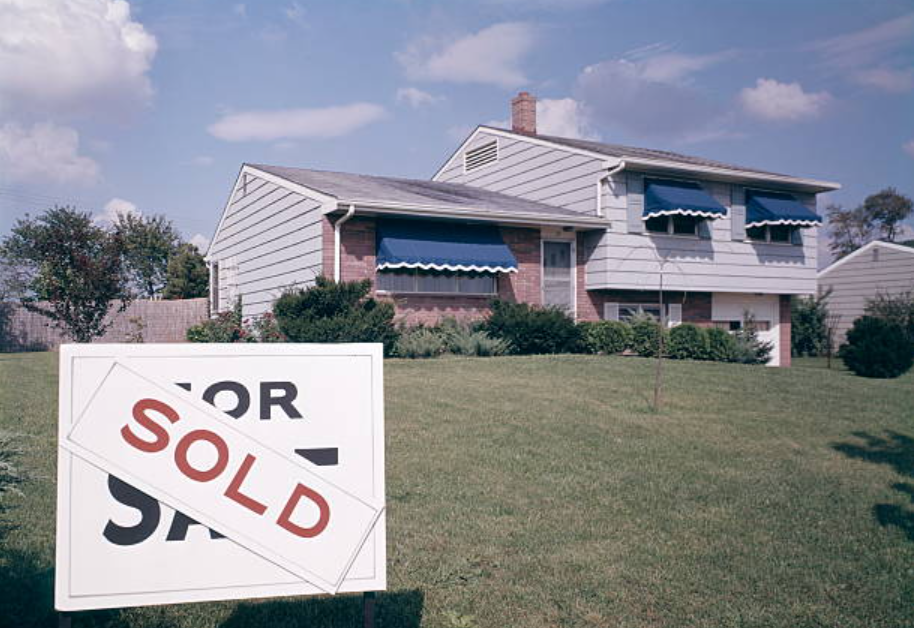Chicago locals Natasha Dunn and Jimmy Darnell Jones plan to challenge the legal system to stop using public areas such as parks and police stations as shelters for migrants.
Their lawsuit, filed in September against the city, Democratic Mayor Brandon Johnson, and Chicago Public Schools, alleges that repurposing these public buildings to accommodate asylum seekers is disruptive and violates community codes.
The plaintiffs argue that Mayor Johnson’s actions in repurposing public spaces for migrant housing have disrupted park programs and breached zoning laws.
Additionally, they demand full transparency regarding the city’s expenditures on migrants. Mayor Johnson previously estimated Chicago’s spending on the migrant crisis in 2023 at approximately $255 million.
Chicago has witnessed an influx of more than 24,000 migrants since Texas Governor Greg Abbott initiated bus transportation last year, intending to emphasize what he labels as Democratic open-border policies.
As available space diminishes, the city has utilized commercial properties, hotels, and park district fieldhouses as shelters.
Chicago’s Burden in Housing New Arrivals

However, future plans, including a proposed ‘winterized’ camp in a contaminated vacant lot in Brighton Park, have ignited protests among local residents.
Dunn and Jones previously filed a lawsuit in May opposing the conversion of the former South Shore High School into a migrant shelter. Although that lawsuit was dropped, the school never became housing for asylum seekers despite an initial city contract to do so.
Governor J.B. Pritzker recently announced an additional $160 million from Illinois to assist migrants in resettling in Chicago. Of this amount, $65 million is allocated to establish ‘winterized’ temporary shelters.
The state aims to allocate $30 million for an intake and welcome center to aid migrants who have alternative accommodations or intend to move elsewhere.
Chicago, responsible for housing new arrivals, has already spent substantial amounts accommodating asylum seekers.
The ongoing legal battle underscores the complex and contentious nature of addressing the migrant crisis within the city, as it grapples with logistical challenges and community resistance.
